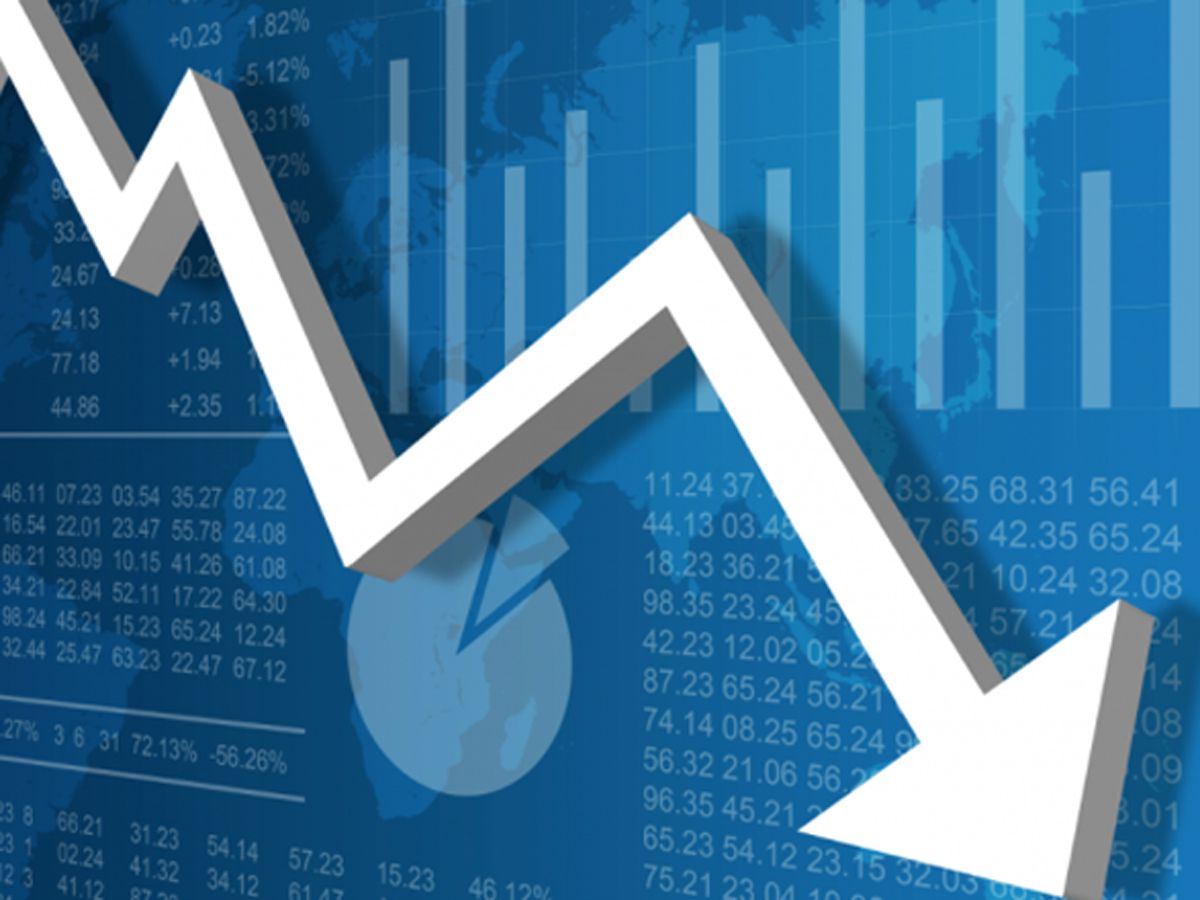U.S. recession prospects intensify economic pressure on Africa

By Trend
The drop in U.S. economic productivity for two consecutive quarters has fueled fears that the superpower will enter a recession, while African countries may face more significant economic challenges due to reduced exports and higher financing costs, Trend reports citing Xinhua.
The looming recession in the United States means that market demand is shrinking. The exports of developing countries, including African countries, to the U.S. market are expected to be affected, Charles Onunaiju, director of the Abuja-based Center for China Studies in Nigeria, told Xinhua in a recent interview.
Meanwhile, the tightening of monetary policy by the U.S. Federal Reserve to curb high inflation will inevitably affect international capital flows, raising the cost of financing African countries need to maintain economic activities, thus affecting their recovery from the COVID-19 pandemic, said Onunaiju.
He noted that the long-term U.S. dollar hegemony has made African economies tie their key economic fundamentals and foreign trade to the currency, which means the United States could transfer inflationary pressure to other countries through its domestic monetary policy.
"One of the challenges that economies in Nigeria and Africa (at large) are facing is inflationary pressure ... They are all imported inflationary pressure arising from the hegemony of the dollar as a major currency of exchange," Onunaiju said.
According to the expert, multiple factors are responsible for the economic impasse in the United States, including its domestic structural problems as well as Washington's geopolitical mentality and saber-rattling actions.
"So, I think what is very clear is a combination of politically-motivated economic policies that are not right on point, and structural issues mostly account for the current state of the U.S. economy, which seemed to be on the downturn, and nobody can tell the direction," he noted.
These factors have disrupted the global industrial and supply chains, harmed energy and food security and had a counter effect on the American economy itself, thus affecting the recovery pace of the global economy, the expert added.
He called on the U.S. government to undertake its responsibility as a global power when facing downward economic pressure instead of shifting that pressure elsewhere.
What's more, the country needs to look inwards to enact the necessary reforms that could help address its domestic structural issues rather than promoting geopolitics which could further cause a slowdown, he added.
The expert noted that some countries have recently begun to reduce their holdings of U.S. debt, a move to control the risks in foreign exchange reserves.
Onunaiju also called on countries, especially developing countries, to establish a more robust financial mechanism as a new channel for financial transactions to offset the negative impact of U.S. dollar hegemony.
---
Follow us on Twitter @AzerNewsAz
Here we are to serve you with news right now. It does not cost much, but worth your attention.
Choose to support open, independent, quality journalism and subscribe on a monthly basis.
By subscribing to our online newspaper, you can have full digital access to all news, analysis, and much more.
You can also follow AzerNEWS on Twitter @AzerNewsAz or Facebook @AzerNewsNewspaper
Thank you!
